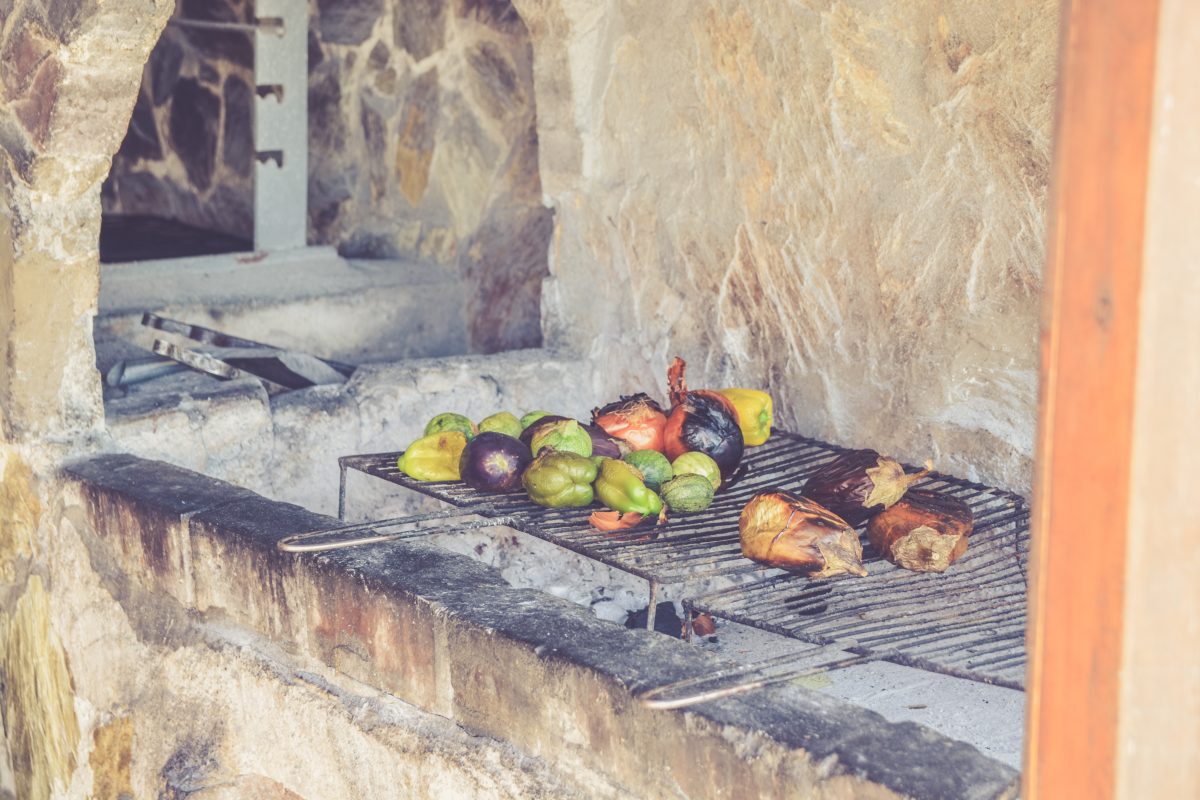With the new year around the corner, it’s easy to feel pressured into unrealistic New Year’s resolutions, such as hitting the gym seven days a week, quitting coffee cold turkey or losing 20 pounds in a month.
Rather than setting yourself up for failure, let’s focus on the goal of taking control of your own health. You and you alone are responsible for your health – what goes in and out of your body and how you treat it. So, set a goal to be cognizant of your behaviors and the respect you give your body.
Rather than signing up for the fad diet all your friends are complaining about, focus on the very best lifestyle choice for optimal health, weight loss and disease reversal. It’s simple: a whole-food, plant-based diet that also incorporates periods of intermittent fasting.
Here’s the scoop:
The Basics of a Whole-food, Plant-Based Diet
It’s as easy as it sounds: Eat whole plants like vegetables, fruit, whole grains and nuts. Avoid animal products such as meat, fish and dairy. Also avoid processed, artificial foods and added fats and sugars.
You don’t have to track or count. Just eat until your full from a long list of foods, including many starchy and non-starchy vegetables, fruits, whole grains and Omega 3 sources. You can flavor your meals with spices, and you can enjoy water, unsweetened plant milks and teas.
Eating a whole-food, plant-based diet will help you fight disease, feel stronger and live longer.
Do you think this way of eating won’t work for you because you “don’t like vegetables?” Think again, because roasted veggies are delicious. This recipe works for a variety of veggies, and once you’ve had them roasted, you’ll never go back to microwaved or boiled again. The caramelization happens around 160 degrees (this is the delicious part), so leave them in the oven until they are nice and brown.
Roasted Vegetables Recipe
- Heat oven to 400 degrees
- Wash, peel and cube a sweet potato
- Wash and quarter some brussel sprouts
- Toss in a bowl, drizzle some olive oil over and sprinkle with salt and pepper
- Put lid on bowl and shake to cover the veggies with oil drizzle
- Pour and spread flat onto a baking sheet
- Place in middle of oven and bake for 20-25 minutes, until desired browness
- Remove from oven and enjoy
Try this recipe with broccoli, cauliflower, sweet potatoes, onions, brussel sprouts, asparagus, squash or any other fresh vegetable.
The Benefits of Intermittent Fasting
First of all, no, it’s not starvation. Intermittent fasting involves a break in eating that can allow your body to start burning off excess body fat. It’s also known for helping people with mental clarity and concentration. Benefits include:
- Weight loss and body fat loss
- Lowered blood insulin and sugar levels
- Reversal of Type 2 diabetes
- Improved mental clarity and concentration
- Increased energy
- Reduction of inflammation
- Lowered blood cholesterol
- Increased growth hormone
- Improved fat burning
Try this easy, 16:8 intermittent fasting schedule: Every day, eat all your meals within eight hours, then do not eat the remaining 16. Example:
Wake at 7 a.m. → Skip Breakfast → Eat lunch at 11 a.m. → Eat dinner at 5:30 p.m. → Don’t eat anything else before bed → Repeat.
Once you are comfortable with this 16:8 model, you can even shorten the window. Many people do the 20:4 model and eat all of their meals in a four-hour window.
Do stay hydrated during your fasting hours by drinking water with lemon or green tea.
Combining whole-food, plant-based eating with intermittent fasting is a winning strategy for good health all year long. Good luck with your new, healthy approach to living a long and energized life.
Another way you can maintain health is by getting a regular health screening. Visit starwellnessusa.com to learn more, and contact us to learn about Star ACCESS®, the convenient way to order your own labs directly online.


